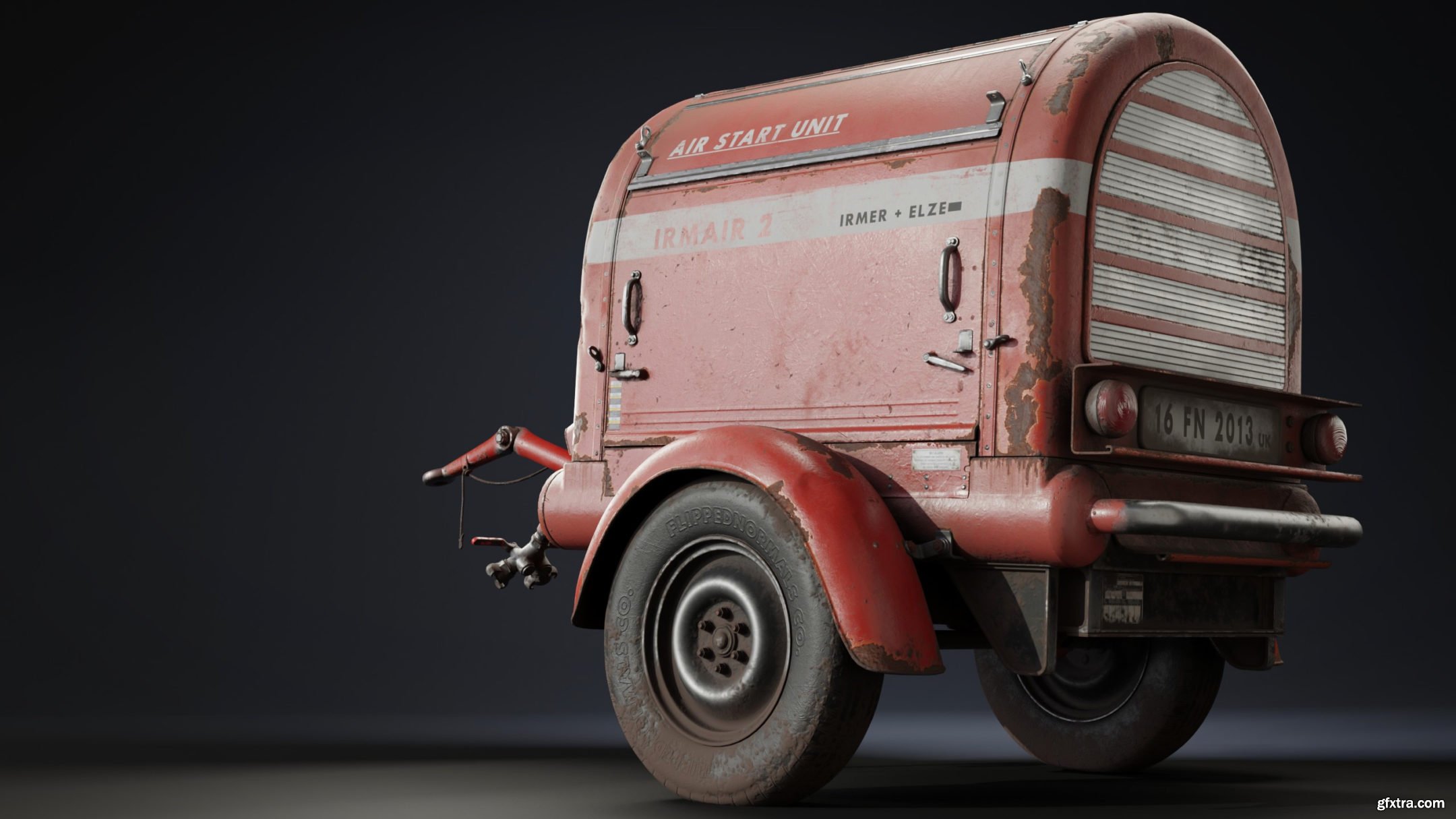

Tags 3D 3d Door Tutorial 3rd year Animation Arran Langmead Autodesk Maya Baking in Substance painter Course Death Stranding decal door Environment environment art Epic Epic Games Escape Room Escape Studios featured Framestore Game Game Art GameDevTricks Games Hard surface Henry home working Interactions Jordan Wills Kelly Kit Kits lesson Lighting Lumen MA Marketplace Materials Maya Quad Draw modeling Modular Modularity Nanite Oculus Pearson photogrammetry photoshop PlayStation London Studio quixel Rare Ray Tracing Real Time Rookies Scene Showreel Sjoerd De Jong Substance Designer Substance Painter Tech Technical Art Toolkit Tools Tutor tutorial UE4 UE5 University Unreal Engine Unreal Engine 5 UV mapping VFX Virtual Reality VR VR Gameplay VR Interaction Zbrush The Archive of Many Postsįollow Escape Studios Game Art on WordPress.


I then subdivided the mesh to subdiv level 7 and proceeded to create layers to apply the various levels of skin details from the VFace multi-displacement texture pack. References of real faces, face sculpts, and scans were valuable for achieving the desired appearance. I then subdivided the mesh and manually sculpted secondary details, including eye corner forms and underlying bony and cartilaginous forms in the brows, forehead, nose, jaw, and chin. This provided a clean topology with optimal edge flow. This allowed me to use bigger eyes and slightly different proportions, but not as much as Disney princesses.Īfter finishing the initial dynamesh sculpt, I used ZWrap to apply the geometry of a VFace head model from the TexturingXYZ website. However, during reference gathering and considering the nature of the concept, I decided to go with a semi-realistic look for the face, similar to the Alita: Battle Angel movie. Initially, I focused on creating a fully realistic character.


 0 kommentar(er)
0 kommentar(er)
